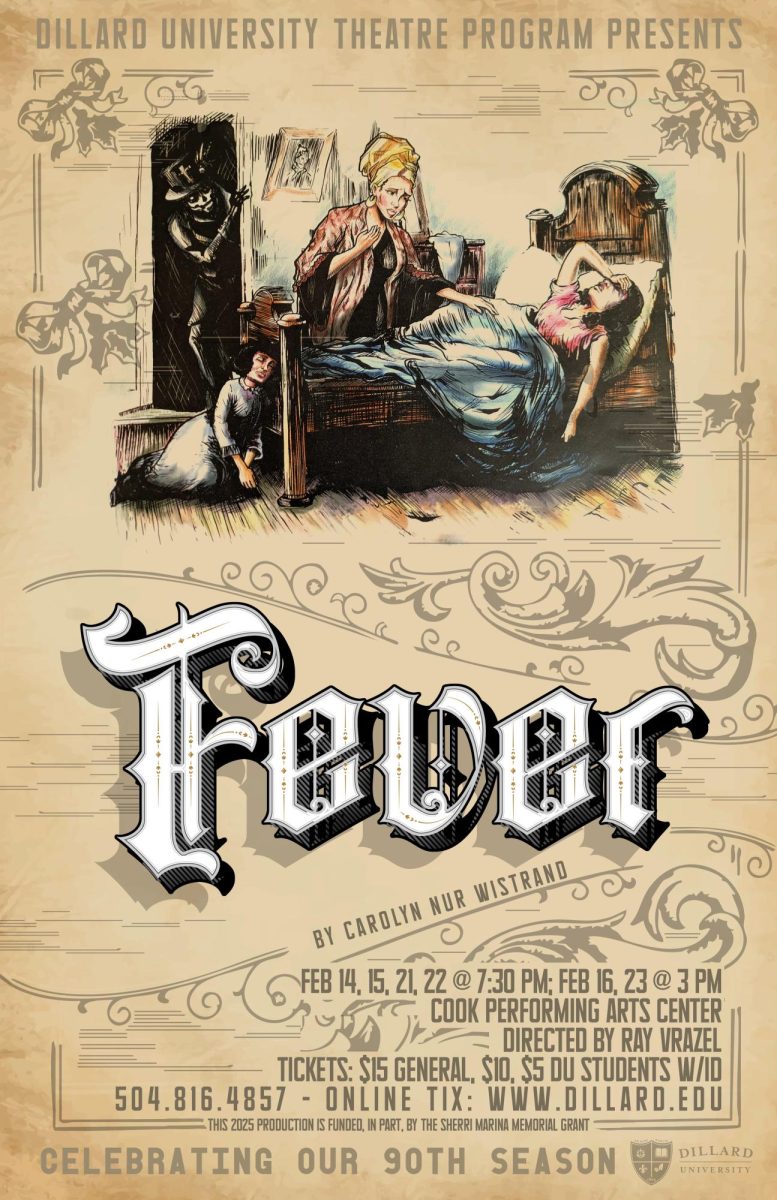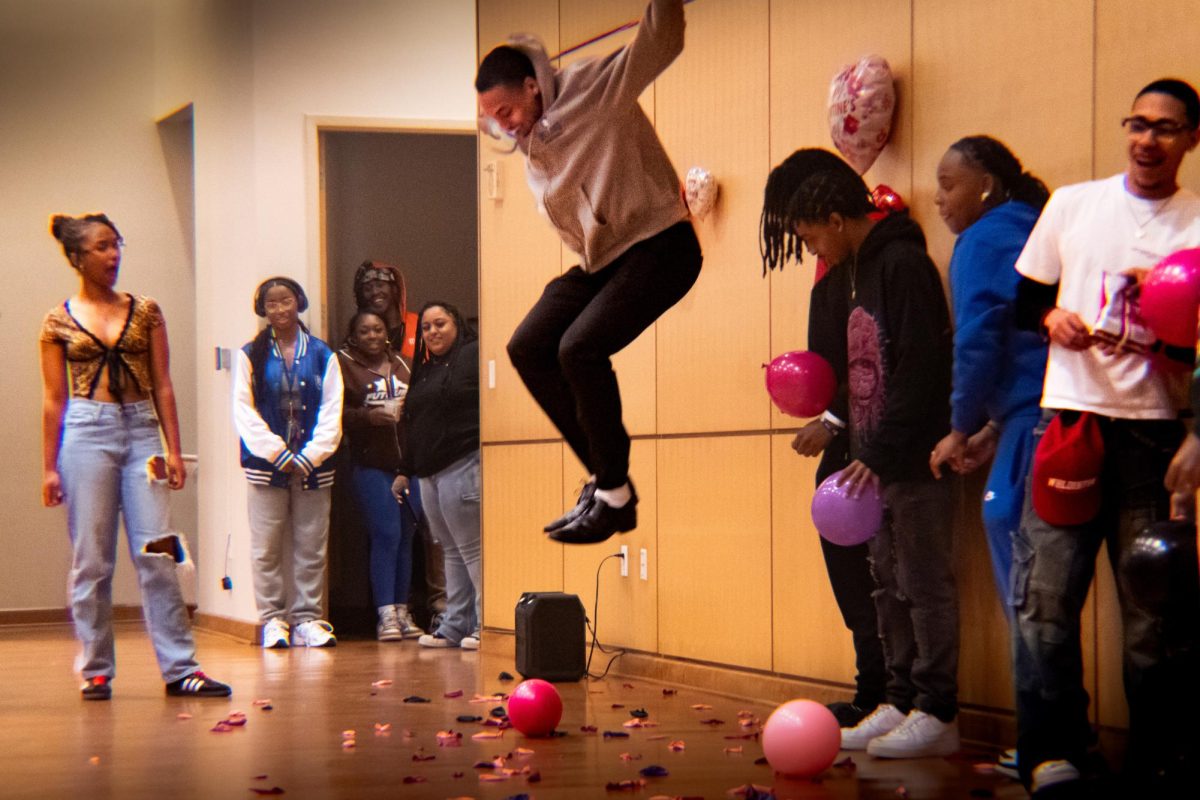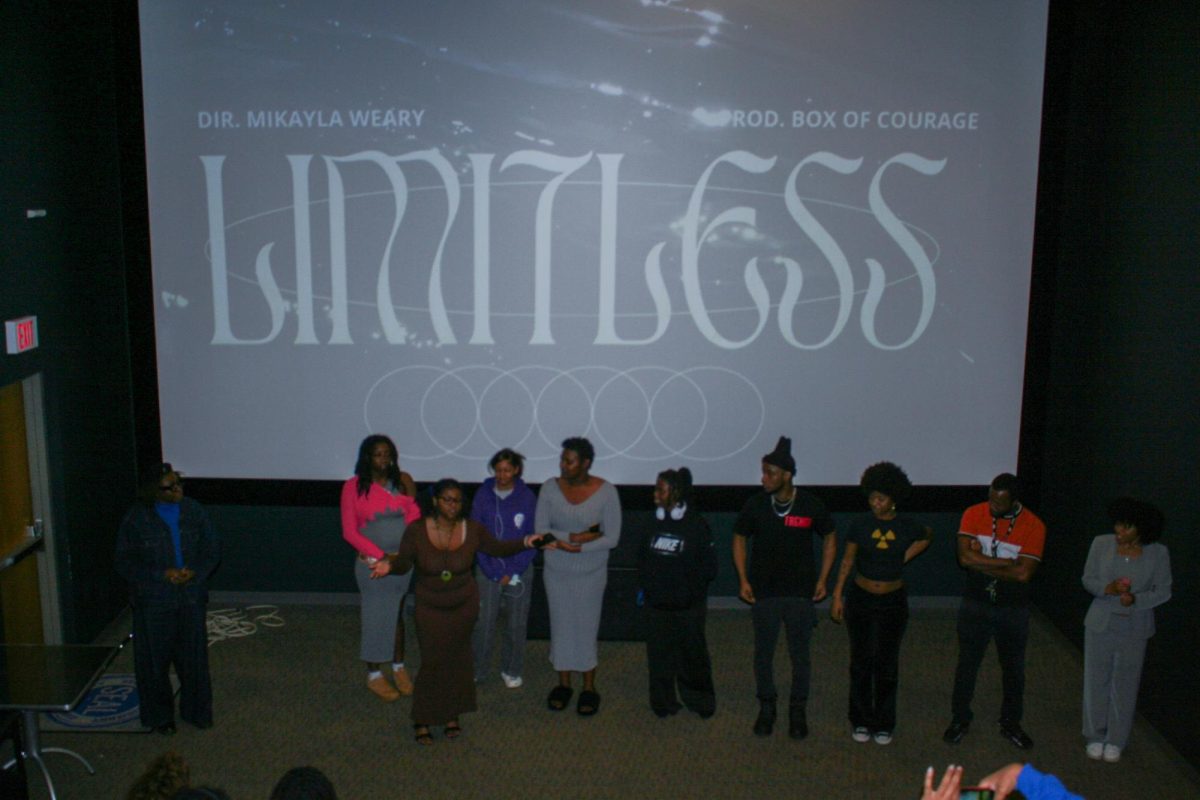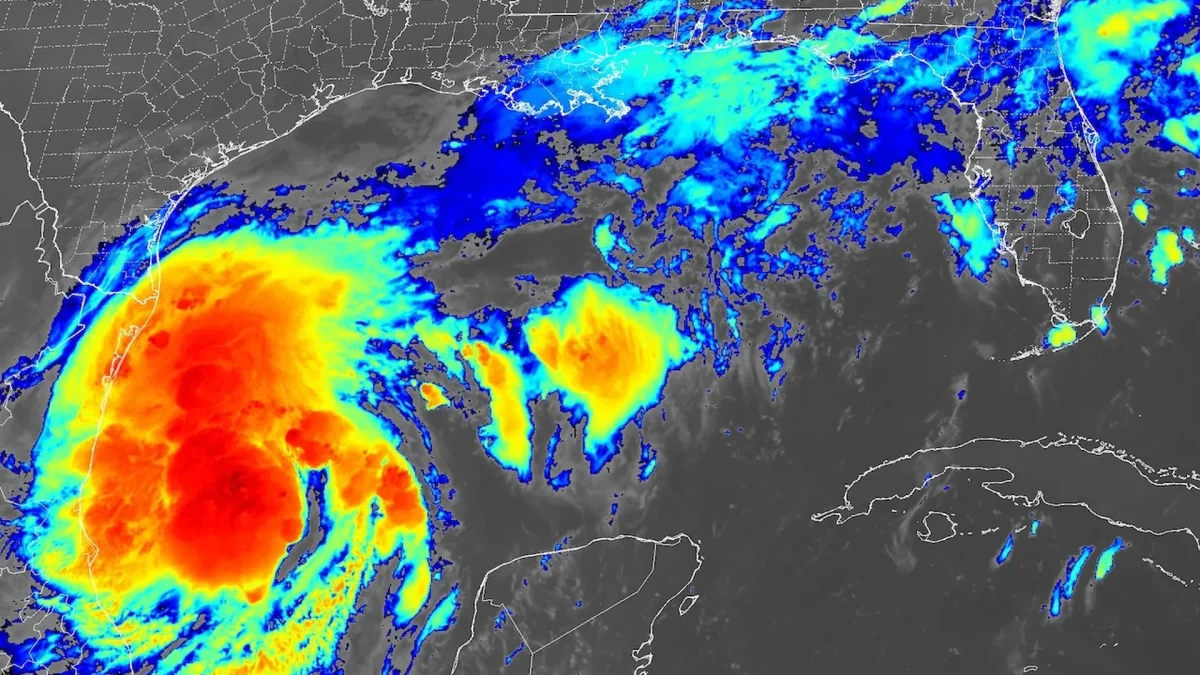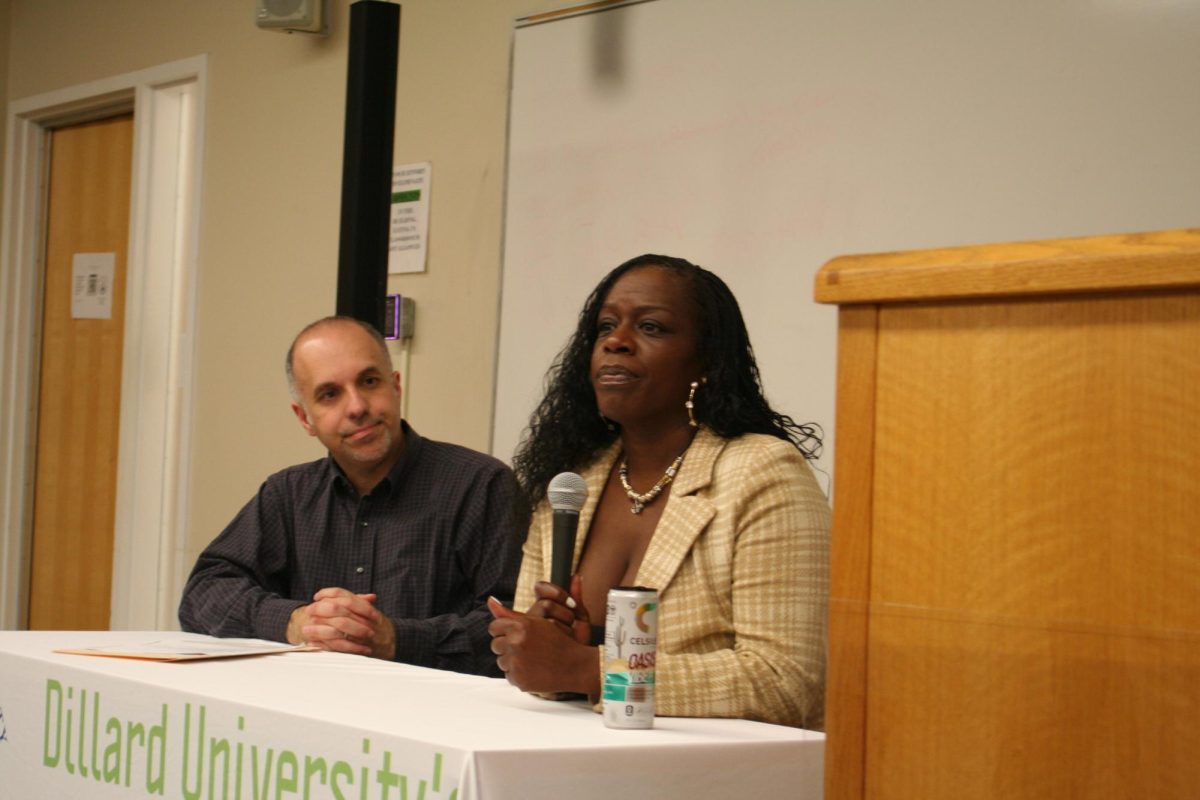
NEW ORLEANS (September 25, 2020) – True story: It was my first day of class this semester. I was in English when a student cursed in his statement. The student probably didn’t mean to be rude, but it was.
Some students may not understand this, but foul language is not appropriate at any time. Let’s start the change leaving such language at the campus gates.
This wasn’t an exception to the rule, in my campus experience: I have heard many students cursing in class, leaving class and walking around campus. I know sometimes we may be in the heat of the moment and not even notice we have used foul language, but we should all become more aware and end the practice.
Braxton Turk, a sophomore from Mobile, Alabama, explained it this way: “Cursing is just an expression. It is not meant to be rude. Sometimes it just slips out.”
And it’s not just students. For example, Inside Higher Education ran an article about a 21-year veteran instructor in Hawaii who made it a habit of beginning his classes with the phrase, “Shit happens.” Daniel Peterson said he did it to introduce the idea of free will and determinism while grabbing students’ attention. Petersen said he has never directed his profanity directly at a student, but used a smattering of four-letter words in the context of his lectures.
It might have worked until one student got offended, told her father and he complained to the school. Peterson changed his teaching style after that.
Experts say profanity is not professional. Columnist Emily George wrote, “The most baleful aspect of my education is the use of profanity by my instructors. The use of profanity, to me, illustrates that my instructors do not perceive students as more intelligent than to use words that spoil verbal language.”
Jalana Butler
Sophomore
Mass Communication
New Orleans



